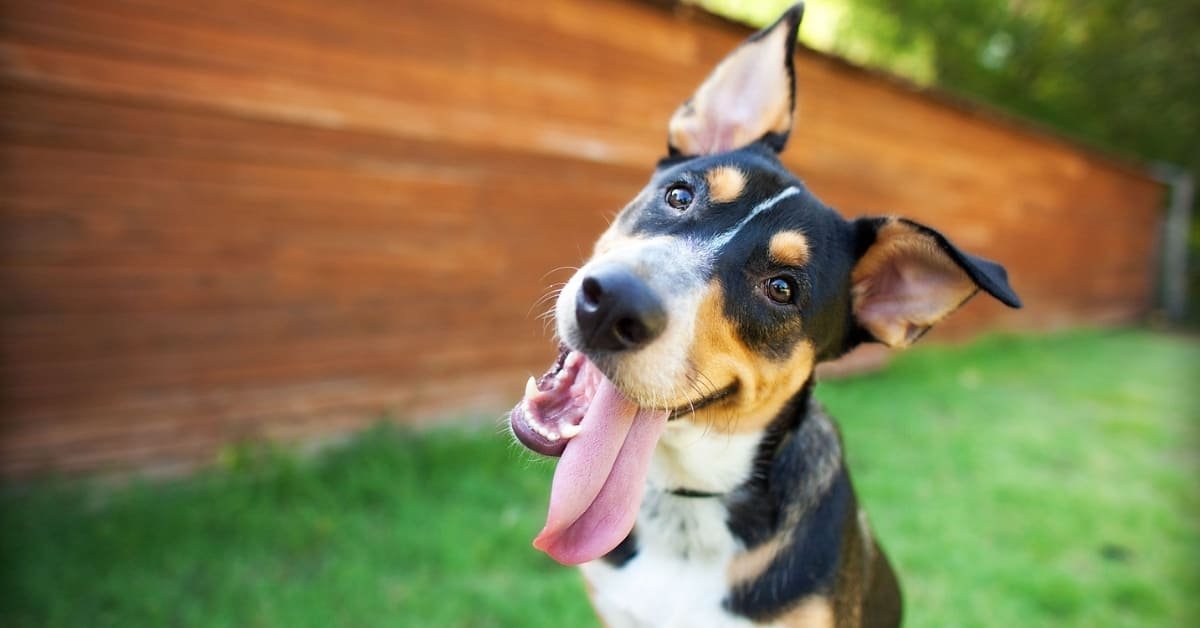Everyone has emotions and as a pet holder you might also interpret your canine’s emotions like human’s emotions. Am I right? Our pooches are so sensitive that they can experience a variety of emotions like anxiety, fear, sadness and joy. And just like other mammals, dogs are also blessed with tear ducts. So do their tar ducts and brain makes a connection. Or do they actually cry? We break our emotional tears but for dogs_you have to explore this article till last.
Can dogs cry?
As an outcome of emotional stimuli, humans shed their tears. Complex hormonal and neurological interactions drive the tears shedding process. When dogs are shedding tears, they are not manifesting their emotions but the main project is lubrication and eye protection. Therefore, next time when you see the watery eyes of your dog, it is more probably because of a physical problem like infection, allergy, irritation, dust particles etc rather than the emotional sadness.
Though our canines don’t shed emotional tears they have the capability of experiencing a variety of emotions like anxiety, sadness, fear and joyness. Our canine manifest their internal emotions via vocalization, behavior and body language. We often interpret these emotions as crying.
Reason_why your dog tear up
Y’all know dogs are incredible in understanding our emotions. They give such an empathetic response and offer us the comfort to relieve the stress and wiping our tears. It is important to understand the reason behind the dog’s expression because you might take their vocalization as a cry always. Our dogs might cry through whines, howls or whimpers however their tears have practical objectives. Lemme tell you why your dog’s eyes become watery:
- Corneal scratch: Normal in active dogs. Abrasions or scratches in cornea can cause inflammation, more blinks than normal and may paw at their eyes.
- Some foreign particles: Debris or dirt speck in the eye can cause natural tears to flush it out but it is temporary so don’t worry.
- Infection in eyes: Viral or bacterial infections can lead to excessive tears, redness and eye discharge.
- Blockage in tear duct: it causes irritation and dampness in your dog’s eyes.
- Allergies: many environmental allergens including dander, dust or pollen can cause irritation in your dog’s eye and lead them to tears.
Do dogs have sad feelings?
The growing evidence shows that dogs have different emotional states like depression and grief. Also they can understand the emotions of other pooches and humans. Dr jennifer abrams, who’s an associate certified applied animal behaviorist (ACAAB) at behavior vets_says:
We may not completely comprehend that canines manifest their emotional spectrum. Nor do we have the exact pinpoint how they encounter these emotions internally. However, canines are so indulgent with our lives that they probably do coincide.
Furthermore he says:dog’s emotions like sadness and anger are seriously influenced by their lifestyle, environment and breed.
Although we cannot exactly pinpoint our canine’s emotions, we can translate their behavior and body language to give them a suitable response.
Indication your pup is sad
Like humans, our dogs cannot exhibit the tears, yet they manifest their emotions via their behavior and body language. Dr adams said that, your dog gives you signs of sadness might includes:
- Difference in play behavior.
- Whining.
- Whimpering.
- Squint eyes.
- Uncommon quietness.
- Decrement in appetite.
- Lethargy.
How can you offer comfort to your stressed dog
Try giving them a quiet and comfortable space like a designated room, comfortable bed, crate-so they can retreat themselves.
Physical contact is a type of love language to lessen stress and share a bond of happiness, so you can give your dog belly rubs, pats etc.
To offer mental relaxation and relief from stress, engage your pooch in some calming activities like walking and gentle playtime etc.
If your dog’s behavior is consistent and severe then you can ask your veterinary behaviorist or an experienced dog trainer. They can give you some training arts and handsome advice-so, you can meet your dog’s requirements.






